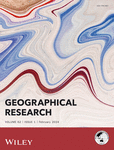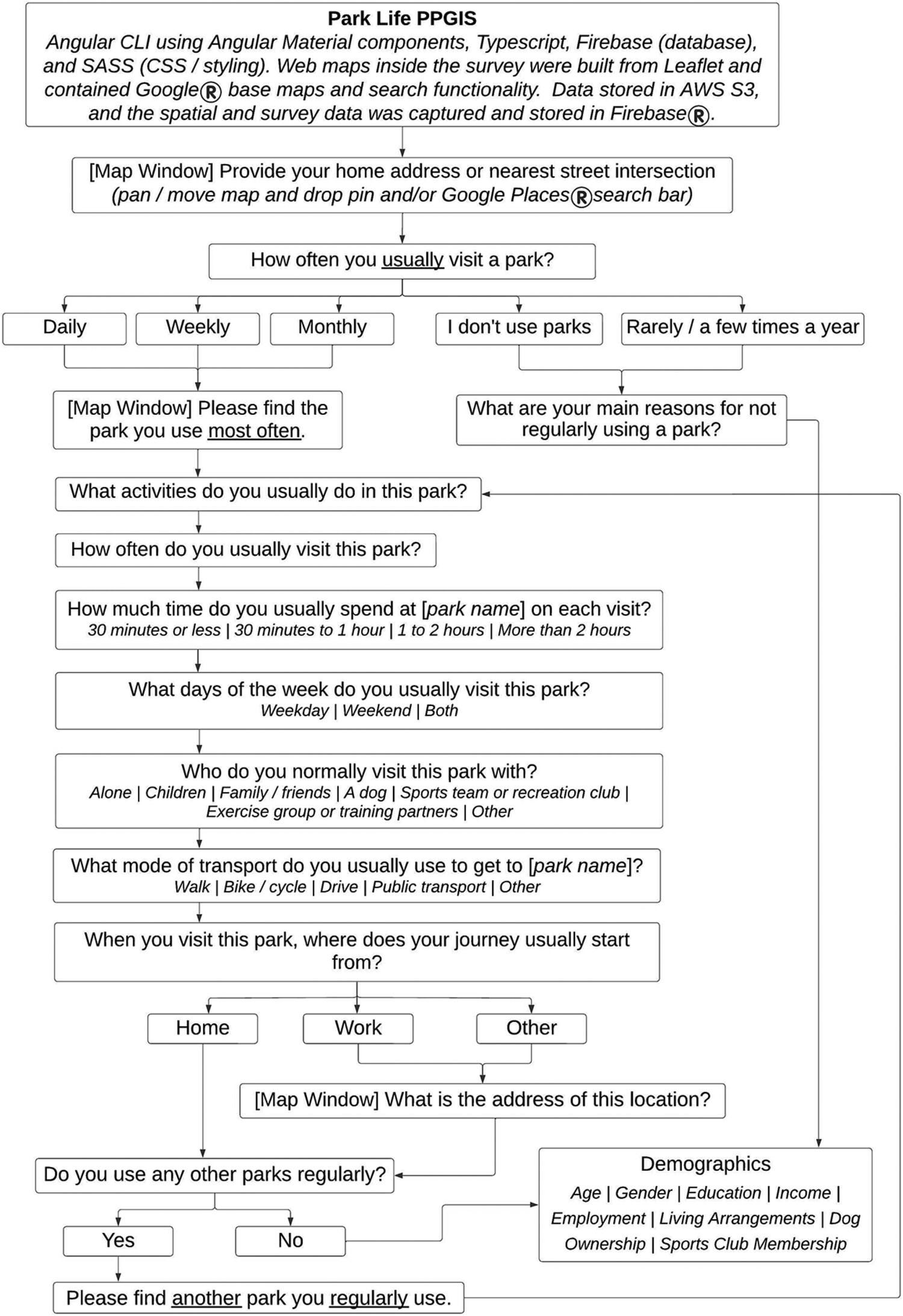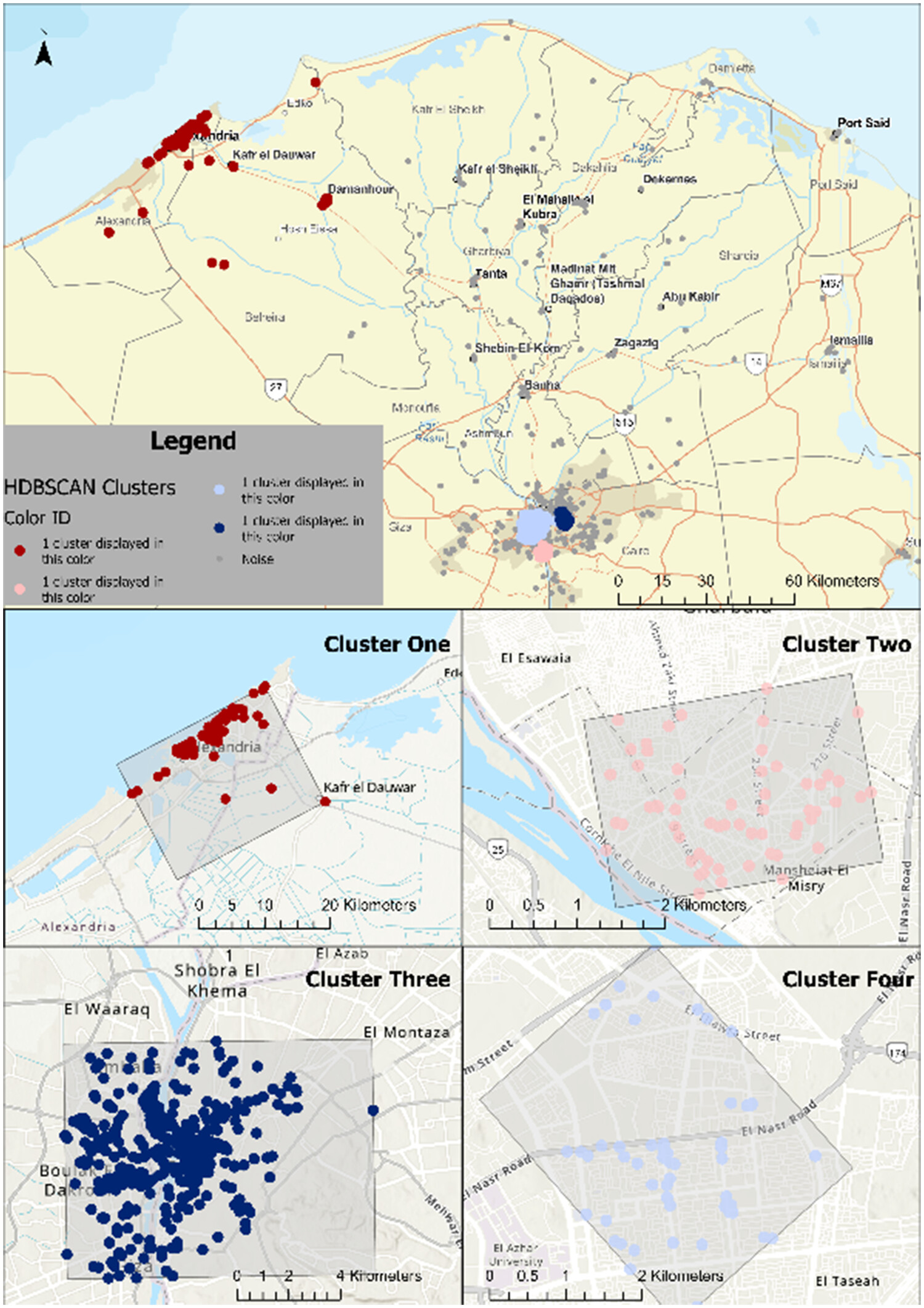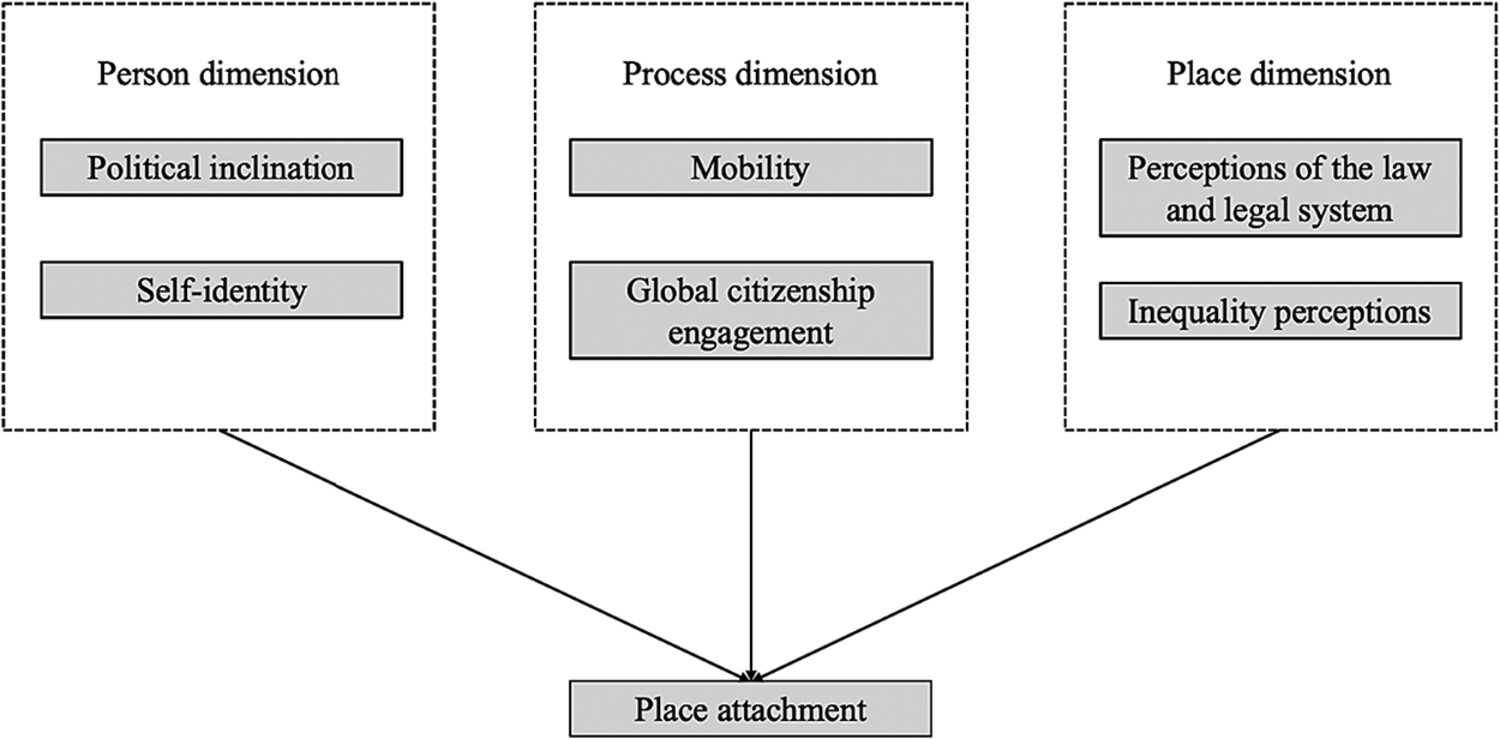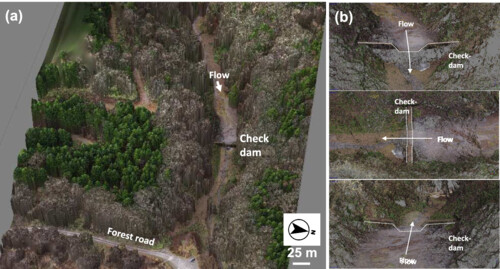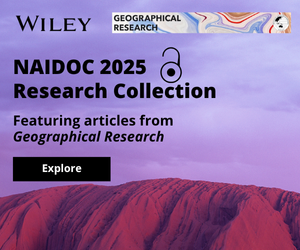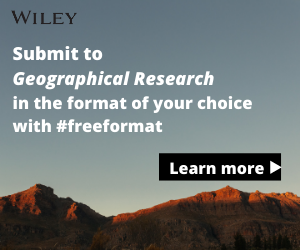Journal list menu
Export Citations
Download PDFs
ISSUE INFORMATION
EDITORIAL
Feeding ourselves and our geographical futures
- Pages: 4-7
- First Published: 16 February 2024
COMMENTARY
Responsibilities of geographers: Are we role models or hypocrites?
- Pages: 8-13
- First Published: 16 February 2024
ORATION
FAY GALE MEMORIAL LECTURE
For and against climate capitalism
- Pages: 14-27
- First Published: 28 November 2023
This paper identifies the political and socioecological potentials from two key climate capitalist projects: flood protection infrastructures in Jakarta and cooperative energy in Australia. From this, it builds a framework of repair and reparations for engaging with climate capitalism and argues that the emerging tensions and ambiguities facilitate steps towards reparative climate futures.
SPECIAL | COMMENTARIES ON COVID-19
Emergent time-spaces of working from home: Lessons from pandemic geographies
- Pages: 28-44
- First Published: 29 May 2023
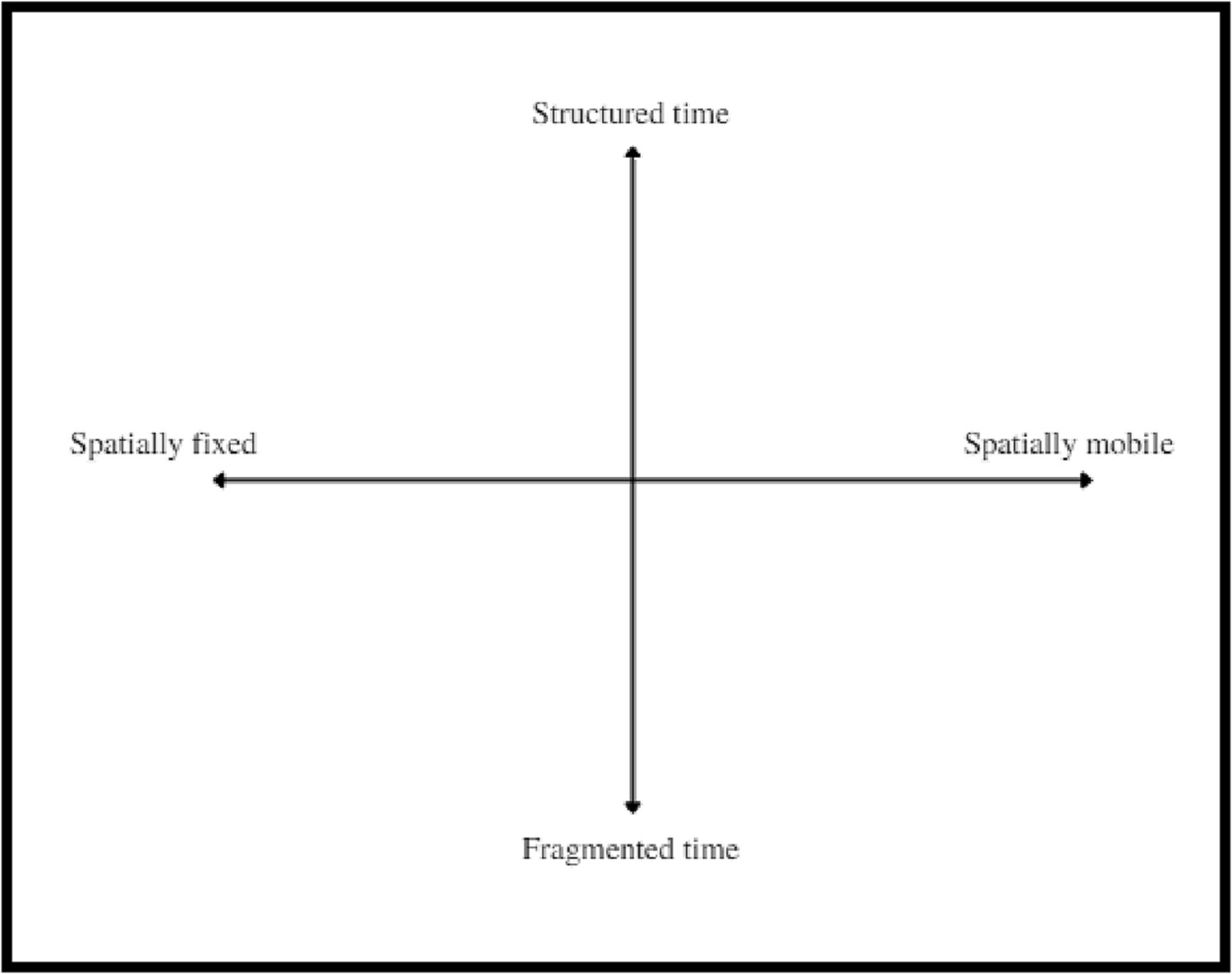
Pandemic-induced work-from-home produced new relational geographies of home, work, and worker. Combining feminist economic geography and geographies of home literatures, this paper reveals the variegated time-spaces of WFH that emerged as the rhythms and routines of WFH shaped the home, and vice versa. Analysis reveals the differentiated agency of embodied workers to orchestrate emergent configurations of WFH, shaped by gender and by the socio-materialities of home.
Pandemic surveillance and mobilities across Sydney, New South Wales
- Pages: 45-57
- First Published: 20 September 2023

During COVID-19, there was an unprecedented cessation of mobilities between states and within cities through “lockdowns” and surveillance of bodies on the move. We analyse the monitoring technologies and physical restrictions on mobilities in New South Wales (NSW) and Sydney during peak pandemic periods. We argue that the scars of the peak pandemic will endure in particular locations and communities despite the dismantling of COVID-19 specific technologies.
Pandemic disorientations and reorientations as legacies: Scoping review of COVID-19 impacts on European cities
- Pages: 58-75
- First Published: 18 September 2023
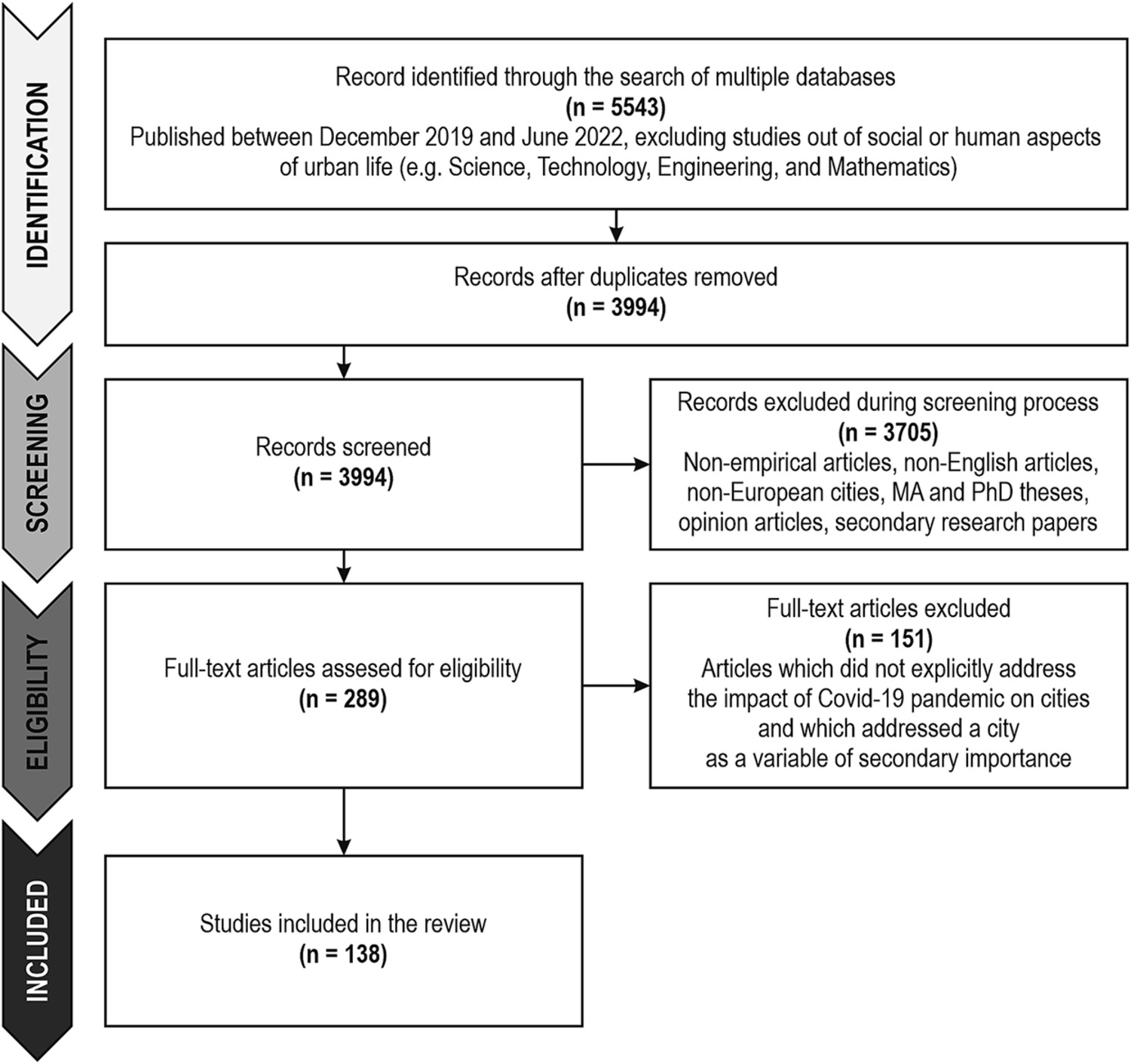
Our objective was to prepare a scoping review of studies conducted during the COVID-19 pandemic to investigate how the health crisis affected urban life in European cities. We identified both the main topics of urban research undertaken during the pandemic and (new) conceptual and methodological approaches then adopted by urban scholars. Based on their analyses and conclusions, we specified the two most common categorisations of the crisis in reviewed articles: breakdown and disruption or stimulation and development. We then used a theoretical framework about cultural, political, social, and spatial (dis/re)orientation to interpret findings about both pandemic urban life and research practices.
ORIGINAL ARTICLES
Employment, income, and skill alignment of humanitarian migrants in the Australian labour market: Metropolitan and regional contexts, 2000–2016
- Pages: 76-96
- First Published: 29 August 2023
Emotional geographies of an urban forest: Insights from an email-a-tree initiative
- Pages: 97-116
- First Published: 12 December 2023
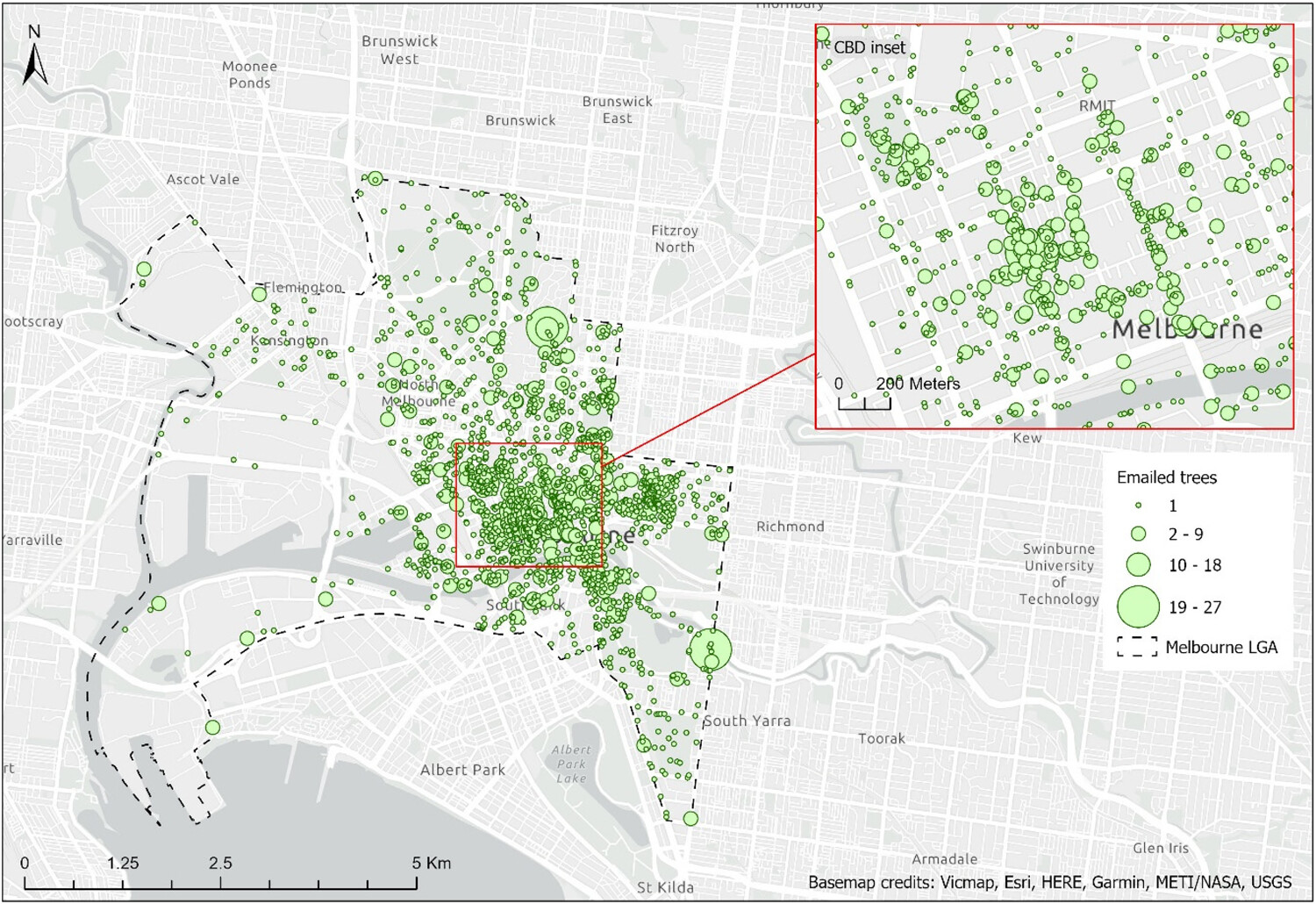
We examine emails sent to trees from the Melbourne email-a-tree initiative through a mixed-methods approach using qualitative coding, sentiment (VADER), and statistical (bivariate and spatial) analysis to consider both public feelings for trees and how such information might be useful for public policy. Sentiment for trees is positive and connections are based on routine and repeated engagements; concern is expressed for a limited range of trees and tree types. Cartographic design and analysis of emotional complexity are key considerations in harnessing the full potential of this initiative.
How land-use planning in multifunctional regions shapes spaces for farming
- Pages: 117-133
- First Published: 16 October 2023
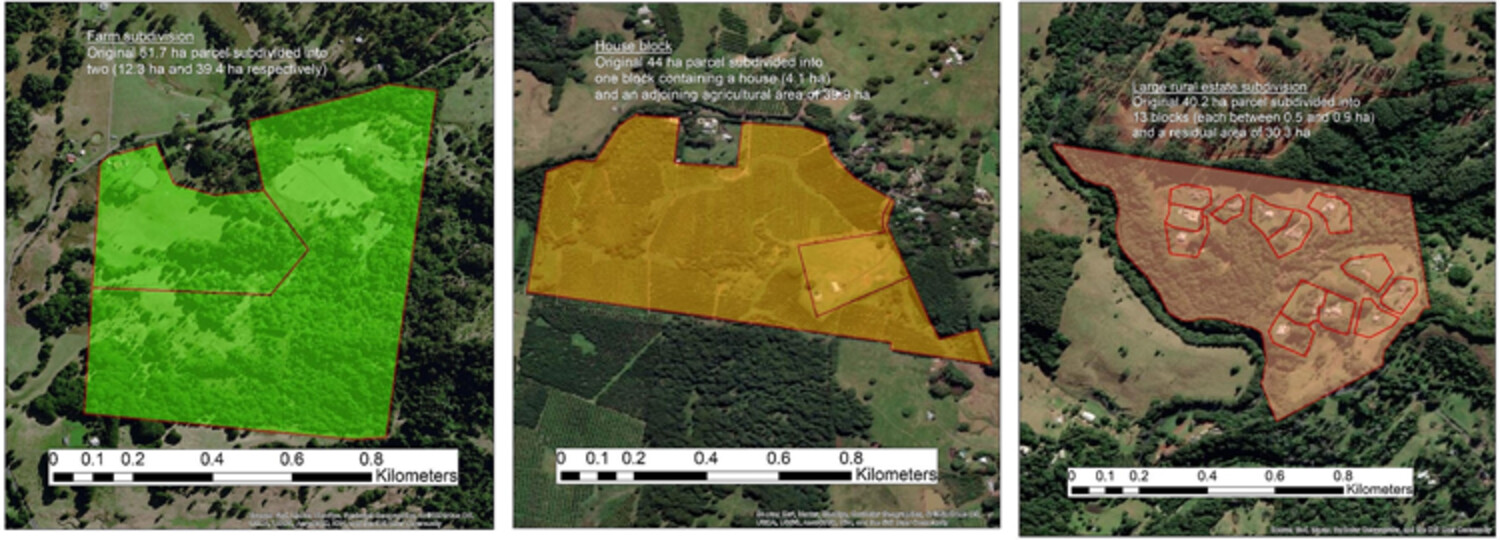
Multifunctional rural transitions (MRTs) occur when demand for high-amenity land use alternatives to agriculture overtakes the productivist potential of farming, but the pace and pattern of change is shaped by planning policies. This study of the Ballina-Lismore region shows that planning policies have been effective in curbing the wholesale conversion of farmland to residential development, but concessions and flexibility in some planning controls have contributed to patterns of unplanned rural living and the creation of interstitial, non-agricultural rural spaces which have disrupted the integrity of agriculture in the region. These issues pose major challenges for the maintenance of farming in these highly-contested rural spaces.
A reliability study of the Park Life public participatory geographic information system survey
- Pages: 134-146
- First Published: 21 November 2023
Land use and sexual harassment: A geospatial analysis based on the volunteer HarassMap-Egypt
- Pages: 147-164
- First Published: 29 August 2023
Exploring the geographies of transnational higher education in China
- Pages: 165-180
- First Published: 29 August 2023
Do people feel they belong? Socio-political factors shaping the place attachment of Hong Kong citizens
- Pages: 181-193
- First Published: 21 November 2023
Accuracy assessment of post-processing kinematic georeferencing based on uncrewed aerial vehicle-based structures from motion multi-view stereo photogrammetry
- Pages: 194-203
- First Published: 16 October 2023
BOOK REVIEW
A mass conspiracy to feed people. Food Not Bombs and the world-class waste of global cities. By David Boarder Gilles. : Duke University Press. 2021. 300 + xvi pp. ISBN: 9781478013495 (hardback), 9781478014416 (paperback) US$29.95, 9781478021711 (ebook)
- Pages: 204-205
- First Published: 24 July 2023




